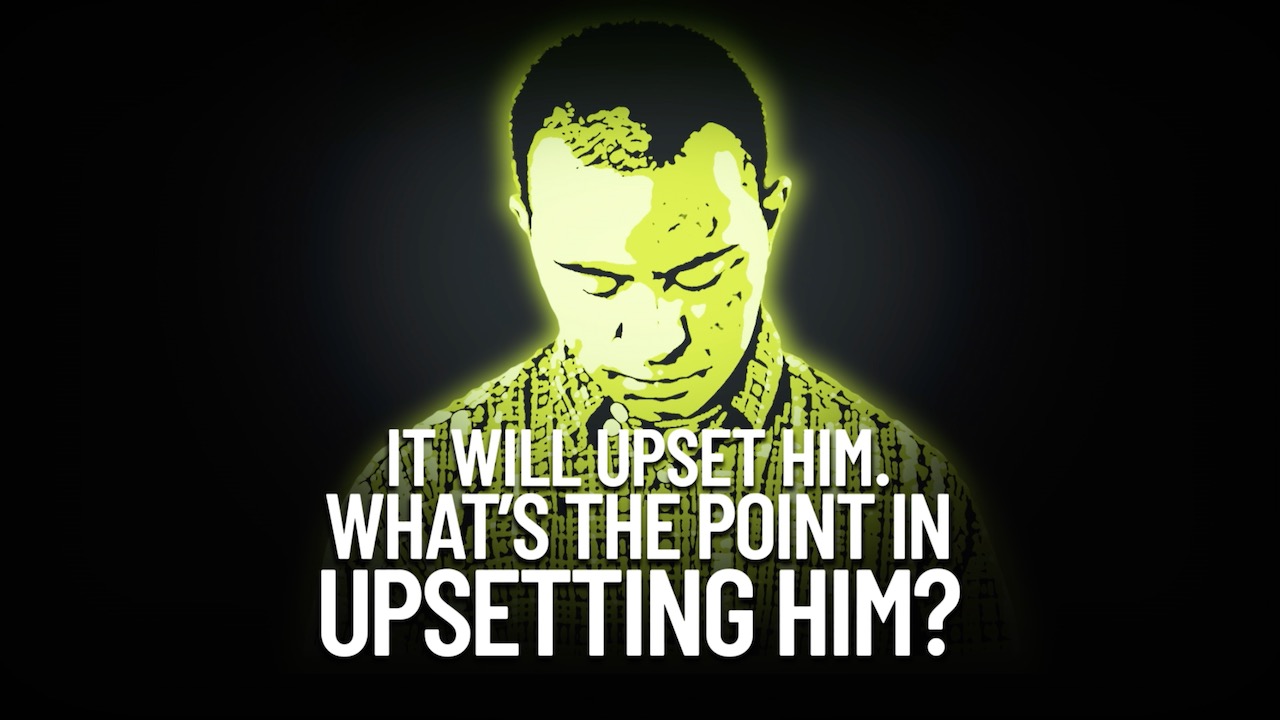Coronavirus is changing people’s lives dramatically. People can no longer take part in activities outside the house, meet with friends, go to work or clubs or anything else that involves groups of people. People can no longer visit elderly relatives, and people’s families can no longer visit. Suddenly, the holiday someone you support had been looking forward to is cancelled.
We often think about “bad news” in relation to serious illness and death, but really, it could be anything that makes your future look less bright than you had thought.
How bad news is experienced, is affected by someone’s concept of future, their ability for abstract thinking, and the things that they had looked forward to. People who have difficulty coping with change may experience any kind of changes to their routine (even seemingly minor ones) as “bad news”.
This makes the coronavirus very bad news indeed.
Coronavirus is particularly difficult for people with intellectual disabilities, many of whom are particularly reliant on routines, on familiar activities, on seeing their families and friends. How can you support people to understand what is happening and to cope with the sudden changes in their lives?
Here are five hints and tips.
1. Talk about the Coronavirus!
This is important. The coronavirus is all over the news and everybody is talking about it. Nobody should be excluded from these conversations. How you do this, and how much you explain about what coronavirus is, depends on how the person usually communicates and understands things. There are easy-read resources available that may help you find simple words, and help you explain what it is we all have to do now (regular hand washing, social distancing etc). But for some people, this information may be too complicated (especially for those who don’t understand words or pictures), or too overwhelming or frightening.
You can keep it fairly simple:
Coronavirus is making lots of people sick. We have to stop people catching it from each other. That’s why we are not allowed to go to work/see mum/go on holiday. Or: That’s why we have to wear a mask.
The important thing is to answer any questions openly, honestly, and factually. You can check what the person has understood, by asking them to explain it back to you.
Stick to statements that you know are true. Never pretend that you know something when you don’t. It is okay not to have all the answers – nobody does, especially not about coronavirus! However, if the question is important (as most questions are), see if there is anyone else who could answer it: “Shall we ask the manager/ look it up on the internet?”
2. Share the emotions
You do not need to make things better. Don’t say “Never mind, we can go on holiday next year”. Cheerful reassurance can be very confusing, and may stop the person showing you their true feelings or telling you what is worrying them. It is OK (indeed it can be very helpful) to talk together about how upsetting this is, and how angry it makes you all feel.
The people we support can be very upfront with their emotions. Distress, worry, fear, anger, excitement, and happiness can all surface very quickly, triggered by something seemingly minor. Some people cry easily and readily. It is important to allow it. Remember it is not you who has caused the anger or the tears – it’s the Coronavirus! By allowing the expression of emotions, you are helping people cope with them.
3. What is the “bad news” part of the Coronavirus?
It is helpful to consider how, exactly, the coronavirus impacts on the life of the person you support. What is the worst of it, for this person? Is it not being able to visit mom, or not being able to go to the café, or being supported by someone you don’t know because your regular support workers have all gone off sick? Talk about that.
Even if someone really cannot understand what is happening, they will still experience the impact of coronavirus. For people who understand the world through experience rather than through words, it may be that your support has to be around particular changes of routine. Rather than explain why you now all have to wash your hands more often, you might focus on helping the person grasp a new hand-washing routine (perhaps 20 seconds is as long as their favorite song). Perhaps you can’t explain why they can’t visit mum, but you can help them see mum on Skype or Zoom. Which brings us to…
4. Find ways of coping with the changes
We all have to find new ways of doing things. Your managers are probably working hard to make sure that you can manage the changes in your work. Your task is to help the person you support find new ways of managing their daily life. People on the autistic spectrum, in particular, will find it helpful to have a clear new script.
For example: “We can’t have tea at your mum’s house on Saturday, but instead, we will make a cup of tea in your apartment and she will make a cup of tea in her house. And then we will call her on Skype so we can see her and talk to her.”
Or: “We are going to write down of all the things you do in the week, and if we can’t do them, we’ll write down what you will do instead. And we will pin it up in the kitchen so that if I can’t come in, and a new support worker comes, they know about it.”
5. Find ways of sharing with colleagues
Why not organize a regular video meeting with your colleagues, and talk about the things you find hard? Working as a team is so important.
We just have to find new ways of doing it.
By Irene Tuffrey-Wijne
About Irene:
Irene is a professor in intellectual disability and palliative care and works at St Georges and Kingston University in London. Irene has conducted research into end of life care for people with intellectual disabilities and specifically how to break bad news and how to talk to people about difficult changes in their lives.
More about Irene’s module:
Breaking Bad News: Nobody likes to break bad news. We worry about how to do it, how someone will respond, and how we will cope with their response. It may seem easiest not to break the news, or to get someone else to do it. Many people even try to pretend that the bad news event hasn’t happened. This module will guide and support you in the process of helping someone to understand bad news.
Email hello@openfuturelearning.org to schedule a demo of the Open Future resource and then receive your first month free – no contract of use.
Learn more about all of our modules here.



